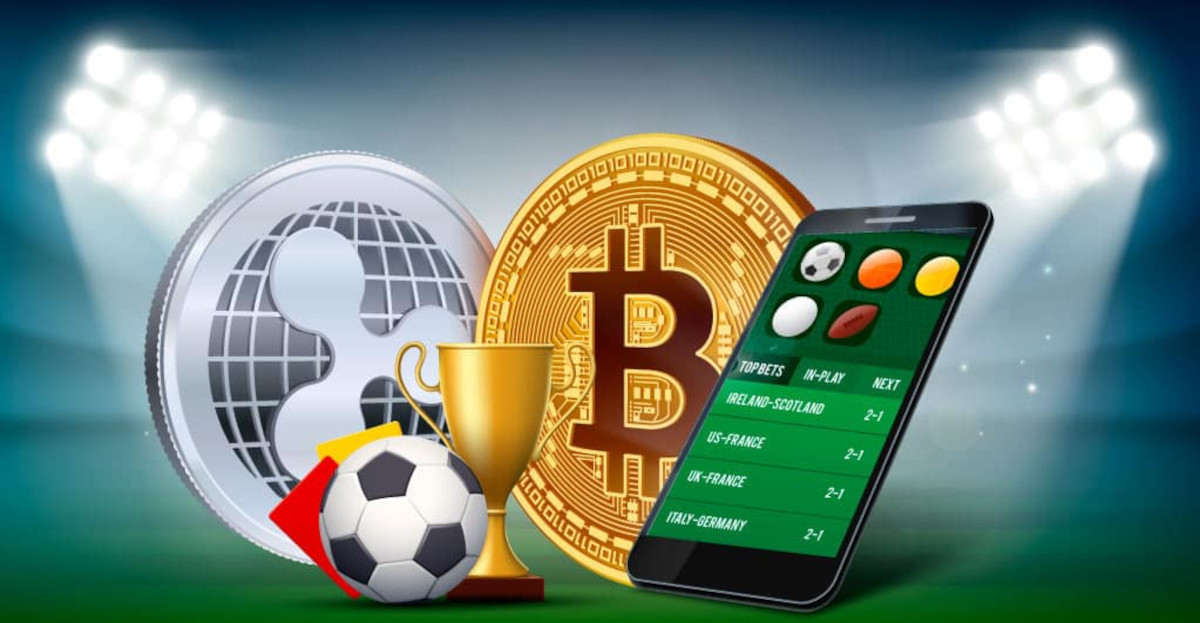
Gambling on International Politics
In the global arena, political decisions often resemble a high-stakes game of poker, where leaders play their cards strategically and the stakes involve national security, economic stability, and public trust. The concept of Gambling on International Politics মার্বেল বাজি can be metaphorically linked to the intricate interactions between nations, alliances, and rivalries, where every move can lead to significant consequences. This article delves into the relationship between gambling and international politics, focusing on the unpredictability, risk assessment, and the strategic machinations that characterize this complex field.
The Unpredictability of International Relations
International politics is inherently unpredictable, influenced by numerous variables such as economic conditions, military power, public opinion, and technological advancements. These factors create a volatile environment, much like a game of chance where even the best-laid plans can go awry. For instance, a nation may invest heavily in diplomacy to build alliances, only to find those alliances crumble due to unexpected events like economic crises or political upheavals in allied countries.
Additionally, the rise of populism in various countries has changed the landscape of international politics, creating a more unpredictable environment. Leaders who once prioritized global cooperation may instead focus on national interests and short-term gains, effectively reshuffling the deck of international relations. This situation mirrors a gambling game, where the rules can change at a moment’s notice, and players must constantly adapt to new dynamics.
Risk Assessment and Strategic Machinations
Governments rely on risk assessment strategies to navigate the uncertainties of international politics. Intelligence agencies gather data to analyze potential threats and opportunities, allowing political leaders to make informed decisions. This process resembles the strategic thinking of a poker player, who must weigh the odds and decide whether to bluff, fold, or go all-in based on the actions and behaviors of opponents.

For instance, diplomatic negotiations often involve presenting power and intent through calculated bargaining. One nation might threaten military action, while another counters with economic sanctions or offers of trade deals, all part of a strategic game to secure advantageous positions. These negotiations require leaders to assess not only their own interests but also the motivations and strengths of other players involved, demonstrating the gambling aspect of international politics.
The Role of Information and Misinformation
In today’s world, the information landscape plays a crucial role in shaping international politics. The rise of social media and digital communication has turned public perception into a powerful tool—as influential as any military arsenal. Misinformation can be used strategically to manipulate narratives, sway public opinion, or destabilize opponents, creating a high-stakes environment akin to a rigged game.
For example, during electoral campaigns, both domestic and foreign entities may engage in disinformation campaigns to influence the outcome. The implications of such tactics can reverberate globally, as a government that loses legitimacy may resort to aggressive foreign policy as a diversion or to regain public support. This uncertainty introduces an element of gambling, where the outcomes can drastically alter the geopolitical landscape.
International Treaties and Alliances as Betting Chips
International treaties and alliances are often viewed as crucial tools for maintaining peace and stability. However, they can also represent gambling chips in the larger game of international politics. Countries might enter treaties with the intention of gaining specific benefits while knowing that they might need to reconsider or withdraw if the situation changes. The Paris Agreement on climate change is an example where nations have committed to specific targets, but the enforcement and compliance mechanism relies heavily on the political will of the signatories.
Furthermore, alliances, such as NATO, illustrate how countries pool resources and commitments to deter potential threats. Yet, the dynamics within these alliances can shift, illustrating the idea that allies today may become adversaries tomorrow, dependent on changing interests and leadership. Here again, the notion of gambling surfaces, as countries weigh the benefits of a united front against possible allegiance shifts that could leave them vulnerable.
The Economic Angle of Political Gambling

Economic policies themselves can reflect gambling strategies in international politics. Nations often take calculated risks with their fiscal and monetary policies, betting on outcomes that may either bolster or undermine their global standing. For example, a country might decide to devalue its currency in an effort to boost exports, bank on quick economic recovery, and generate national prosperity, viewing this as a gamble in the larger economic chess game.
The relationships between global markets and political stability further highlight the importance of economic factors in international politics. Investors often gauge the political climate of a nation before making significant investments, treating their financial backing as a wager in the game of global finance. Economic sanctions imposed on countries can lead to significant changes in both market dynamics and political behavior, showing how intertwined these strategies are.
The Consequences of Political Gambling
The game of gambling on international politics bears significant consequences, not just for the players involved but also for citizens around the globe. Decisions made by political leaders can lead to wars, sanctions, or economic upheaval that reverberate beyond their borders. The fallout from poorly calculated political bets can lead to humanitarian crises and widespread suffering, underscoring the accountability that leaders must bear.
Moreover, the increasing tendency of leaders to engage in political gambling raises ethical questions about the integrity of governance. Are decisions being made for the greater good, or are they merely an exercise in risk-taking driven by personal or political gain? This dilemma highlights the tension between pragmatic decision-making and ethical governance in the realm of international politics.
Conclusion: The Future of Political Gambling
As we move further into the 21st century, the intersection of gambling and international politics will continue to evolve. With the advent of technology, the influence of social media, and the shifting geopolitical landscape, the stakes will undoubtedly rise. Leaders will have to navigate an increasingly complex environment, making strategic decisions that echo both the excitement and the peril of high-stakes gambling.
Ultimately, understanding the dynamics of this relationship between gambling and political decisions offers valuable insights into the nature of power, risk, and accountability in a world where the only certainty is uncertainty. As nations continue to play their cards, the global community must remain vigilant and aware of the consequences that come with such high-stakes games.